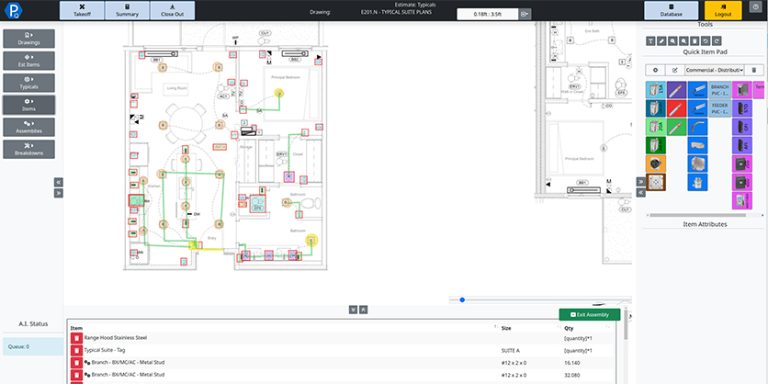Setting the Example: Getting Employees to Think Like Owners

Jan 21, 2016
As owners gain business experience over time, their thought processes and commitment to the business continuously grow as well.The real life experiences of the day-to-day activities owners are exposed to provide a unique insight into how to make better decisions for the business and for themselves. This happens because the benefits or consequences of their actions affect not just the business, but also affects them in personal ways.Unless someone else is sharing these experiences alongside the owner, the owner becomes the only one with the knowledge and experience required to make the important and often unique decisions required to maintain the planned path of the business.
How many times have you heard or maybe even said to yourself, “I wish I could just clone myself so I had someone else to help me do this.”Wouldn’t it be so much easier to run your business if only you could find another you to help you?This thought may not be as far fetched as you think, if you can get your employees to think like owners.
Prerequisites and assumptions
But first, before you can train and expect employees to think and act like owners, the business must have integrity.For a business, integrity is measured in several ways.The most obvious conditions of integrity are honesty and trust.The business and its owner must be trust worthy in the eyes of the employees, vendors, subs and customers, anyone and everyone who touches or is touched by the business. The owner must also have unconditional trust in the employees who make up the team. Without trust, integrity of the business will not be possible.
After trust, the integrity of a business is then also measured by being whole and complete.To be whole and complete, a business must be a real business, not just an amateur effort.There must be systems, policies and procedures in place to predict how business will happen, measure what it is actually happening, and indicate how and when corrections will be implemented.One simple example of business integrity measured this way would be an estimating and job costing system. This system must include ways to predict project costs and a sell price that will be profitable, a job costing method that can identify how well the production of a project is actually going, and a method for verifying cost or production assumptions, as well as correcting what is not working.
Without this type of integrity, how would the owner, or the employees, measure their efforts?Without the ability to measure, how would we know whether to keep doing what we are doing or know how to correct or improve our efforts?To think like an owner, an employee needs to have the same qualified information an owner would need.If the owner operates his or her business by guessing rather than knowing, the employees will never be able to do any differently.
Employees need to be “in the know”
Getting employees to think like owners requires that they have experiences, responsibilities, and opportunities similar to those of the business owner. Allowing these things to happen gives employees a similar insight into the day-to-day activities and decision-making processes that are required to help the business succeed, rather than just survive.The owner should share the goals of the business; better yet, the business plan.Explain how decisions are made by helping employees discover the “why” behind each decision.Help employees understand how the success of the business will be measured, in terms of performance as well as how quickly the results are expected.Let them know what it takes to run the business in terms of time invested, financial requirements, and customer satisfaction; give them the information you as an owner would need to “make it happen.”
Reward their efforts and keep them motivated!
Lastly, getting employees to think like owners and keeping them thinking that way requires rewarding the employees for their efforts.Rewards can be delivered in many ways. Be sure to respect your employees and their efforts.Deal with mistakes or disappointments in a positive way, as opportunities to learn from.Display confidence in their efforts and they too will have confidence in their own efforts.Reward employees with opportunity for continuous career and personal growth opportunities. Let them know that additional responsibility and improved performance will result in increased compensation.Give them similar awards that you, as the owner, would expect for your efforts.
Read more in EIN from Shawn McCadden:
3 Ways To Get Fewer Leads But Close More Remodeling Sales
Don’t Underestimate Your Estimating System’s Potential
Tips on Ball Park Pricing and Charging for Estimates
Is A Contractor Really a Salesperson If He or She Hits Send?
3 Ways To Get Fewer Leads But Close More Remodeling Sales
3 Simple Steps to Covering an Employee’s Non-Productive Time
Setting the Example: Getting Employees to Think Like Owners
Comparing Contractor Mark-ups Can Be Pointless and Very Risky
Don’t Put Your Business At Risk By Guessing At What Mark-up
Simple Profit Sharing Plan for Contractors
Check out Shawn’s website http://www.shawnmccadden.com/ and blog www.shawnmccadden.com/Subscribe-to-The-Design-Builders-Blog.
* “Understanding what impacts your construction company’s reputation,”
















